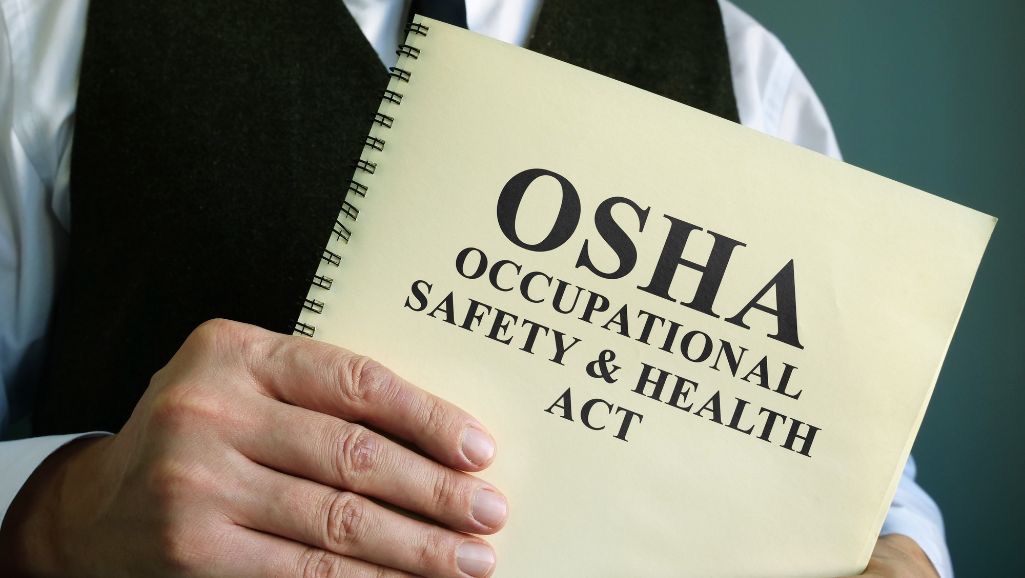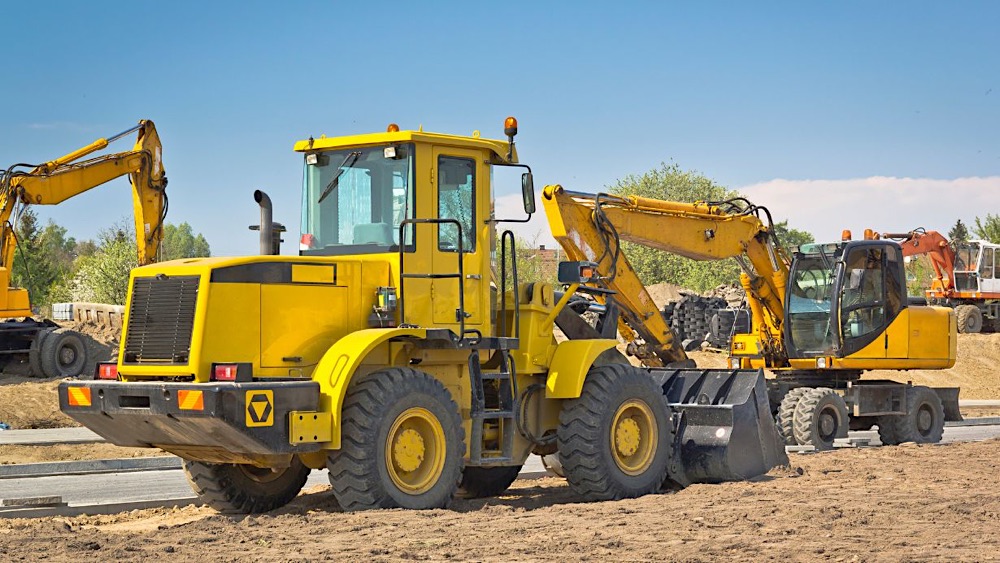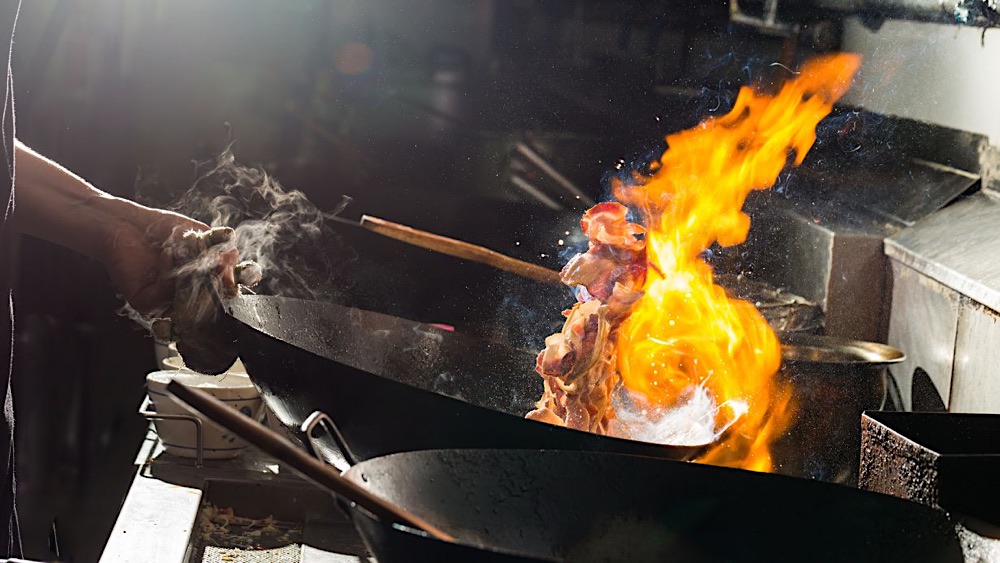 The more injuries your workers sustain, the higher your Contractors Insurance premiums. One all-to-common injury is traumatic brain injury (TBI) that results from falling debris, tools, and materials; flying objects; and hitting low beams.
The more injuries your workers sustain, the higher your Contractors Insurance premiums. One all-to-common injury is traumatic brain injury (TBI) that results from falling debris, tools, and materials; flying objects; and hitting low beams.
The construction industry has the highest number of fatal and nonfatal work-related (WR) TBIs. “From 2003 to 2010, 2,210 construction workers died because of a TBI (a rate of 2.6 per 100,000 full-time equivalent workers),” according to the Centers for Disease Control and Prevention (CDC). “These deaths represented 25% of all construction fatalities and 24% of all WR TBI fatalities among all industries during that period.”
The CDC states, “More severe TBIs can impact a worker’s ability to return to their pre-injury job and be expensive for both workers and employers in long-term rehabilitation and disability costs.” And don’t think that just because you own or operate a small construction company, your workers are immune to TBIs because workers in small construction companies are 2.5 times more likely to die from a TBI.
Protective headwear is an essential part of protecting construction workers from WR TBIs. In fact, the Occupational Safety and Health Administration (OSHA) requires construction employers to provide head protection for “employees working in areas where there is a possible danger of head injury from impact, falling or flying objects, or electrical shock and burns.”
However, protective headwear does more than protect workers from WR TBIs. The appropriate hard hat or safety helmet can also protect workers from electrical shock, burns, and more.
Not all hard hats are created equal, and the proper head protection depends on the type of hazards the worker will be subjected to. Here is some information about hard hats and safety helmets to help you and your workers choose the most suitable headgear.
All Good Protective Headwear Should do the Following:
- Be water resistant
- Be slow burning
- Include a suspension system
- Be resistant to penetration and blows to the head
- Absorb impact
- Provide insulation from electrical shock
- Shield the worker’s scalp, face, shoulders, and neck
Hard Hats Vs. Safety Helmets
There are two types of head protection – hard hats and safety helmets. The purpose of the traditional hard hat is to protect a worker’s head from objects falling from above; however, not all hazards come from above. Therefore, safety helmets - which are equipped with more internal padding, adjustable chin straps, a small brim, face shields, ear protection, and other safety features - might be a better choice in many cases. Safety helmets, which look and feel different than a hard hat, usually sit closer to the head and provide additional protection from lateral impacts.
Classes and Types of Hard Hats and Safety Helmets
Hard hats and safety helmets that comply with OSHA standards are marked inside with a class and a type. The class and type are the same for both hats and helmets.
The class is based on how much electrical protection the headwear provides:
CLASS G (general) has been tested to withstand low-voltage electrical conductors of up to 2,200 volts.
CLASS E (electrical) has been tested to withstand high-voltage electrical conductors of up to 20,000 volts.
CLASS C (conductive) provides no protection from electrical conductors.
And there are two types of head protection:
TYPE 1 reduces impact force from hits to the top of the head.
TYPE 2 reduces impact force from hits to the top and sides of the head.
Training, Fit, and Maintenance of Hard Hats and Safety Helmets
Workers should be trained on OSHA requirements, your company’s policies, when and how to wear a hard hat or safety helmet, what type of headgear is most appropriate for each job, and how to maintain protective headgear.
The top reason workers give for not wearing head protection is a bad fit, and a hard hat or safety helmet that does not fit correctly can reduce its effectiveness. To ensure a proper fit…
- The head harness should leave a 1 to1 ¼” gap between the hard shell of the hat and the worker’s head
- The headgear should not fall off the worker’s head when they bend over
- The rim should face forward
Over time, hard hats and helmets take a beating, so workers should inspect them regularly for cracks, dents, etc., to the shell; tears and frays in the straps; and fading or chalky appearance in the plastic to ensure they continue to provide good head protection. If, upon inspection, any of these are discovered, the head protection should be replaced.
Lower Your Contractors Insurance Cost
Want to learn more about minimizing injuries? Check out American Insuring Group’s blog.
Want to learn how you can lower your contractors insurance costs? Call American Insuring Group at (800) 947-1270 or (610) 775-3848 or connect with us online!



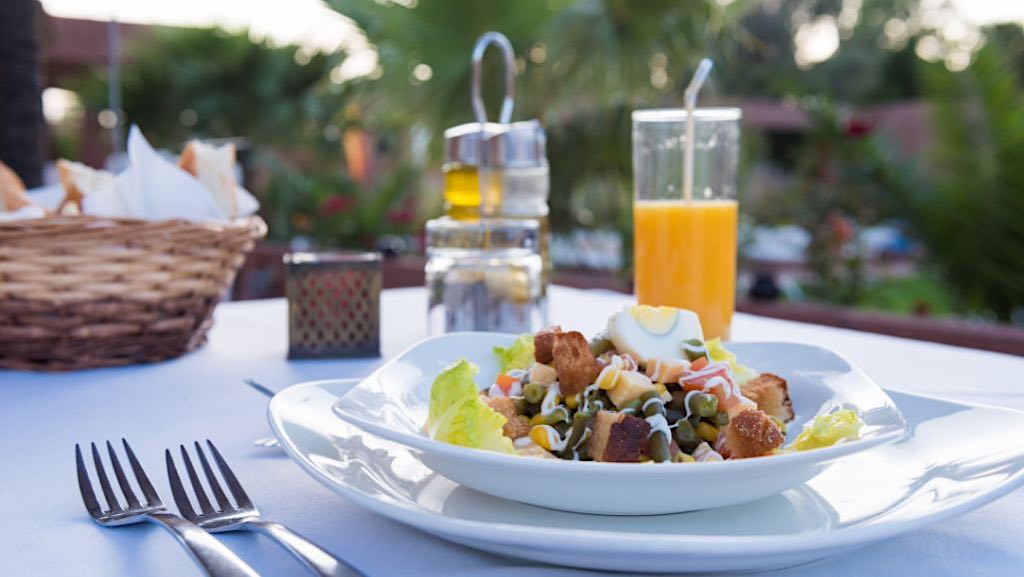 Restauranteurs are always looking for ways to attract more customers, but it's important to consider any additional risk and
Restauranteurs are always looking for ways to attract more customers, but it's important to consider any additional risk and 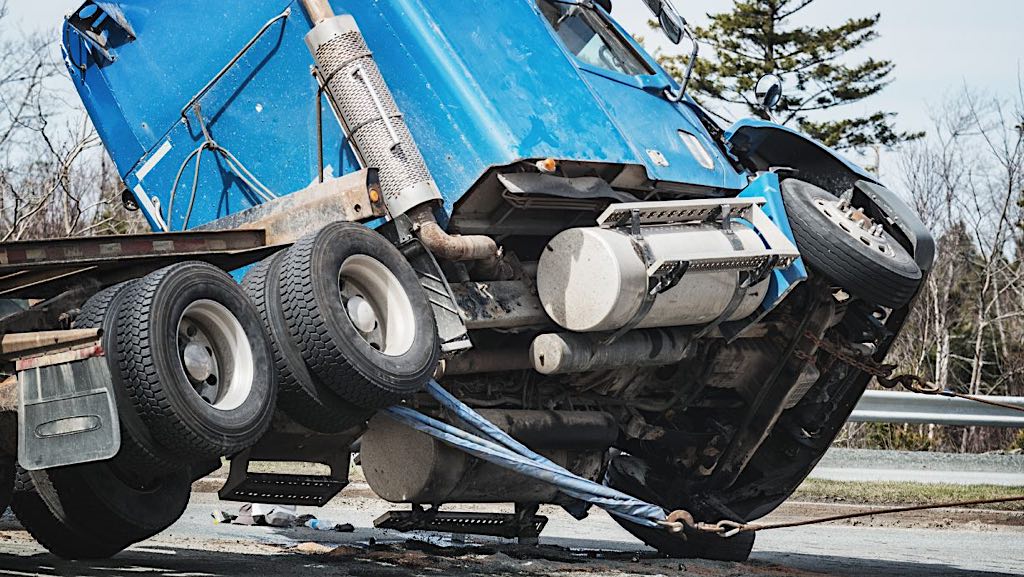 If you are or are planning to become an independent owner-operator, you must ensure that you have the right
If you are or are planning to become an independent owner-operator, you must ensure that you have the right 